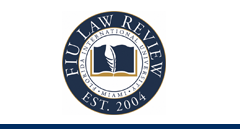Alternate Title
Transition-Denial and Structural Adjustment: Causation and Culpability in the Cuban Economy
Keywords
Cuba, Economy, Sanctions, Economic Reform
Abstract
In 2020, Cuba implemented the Tarea Ordenamiento (Tarea), the most significant economic reform since the construction of the socialist economy after the Revolution. Signaling an eclectic brand of Cuban socialism, the Tarea clears away three decades of tried and failed economic doctrines, drawing a new fiscal border around state enterprises, nodding to market realities, and preparing the island for greater insertion into the world economy. While the political economy of post-Castro Cuba has changed in this way, the United States continues to subject the island to an unprecedented program of unilateral sanctions, universally condemned as a breach of human rights, international law, sovereignty, and rationality. Given the historic limitations of Cuba’s economic policies and the noxious effects of U.S. policy, how do we assign proximate cause for the mixed results to date of the Tarea?
Recommended Citation
José Gabilondo, Transition-Denial and Structural Adjustment: Causation and Culpability in the Cuban Economy, 17 FIU L. Rev. 547 (2023), https://doi.org/10.25148/lawrev.17.3.8.
Included in
Banking and Finance Law Commons, Corporate Finance Commons, International Law Commons, Law and Gender Commons, Securities Law Commons, Taxation-Transnational Commons





